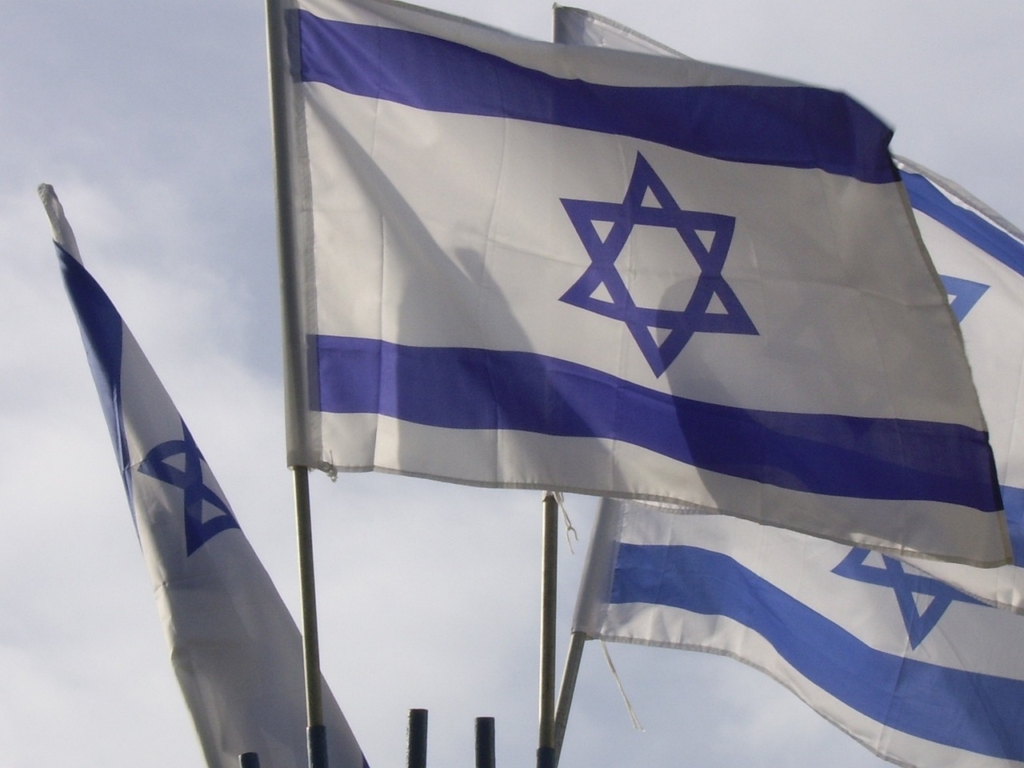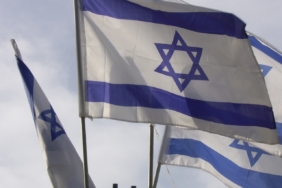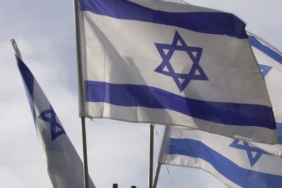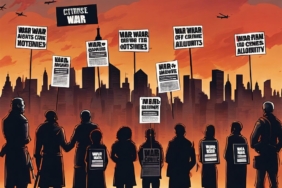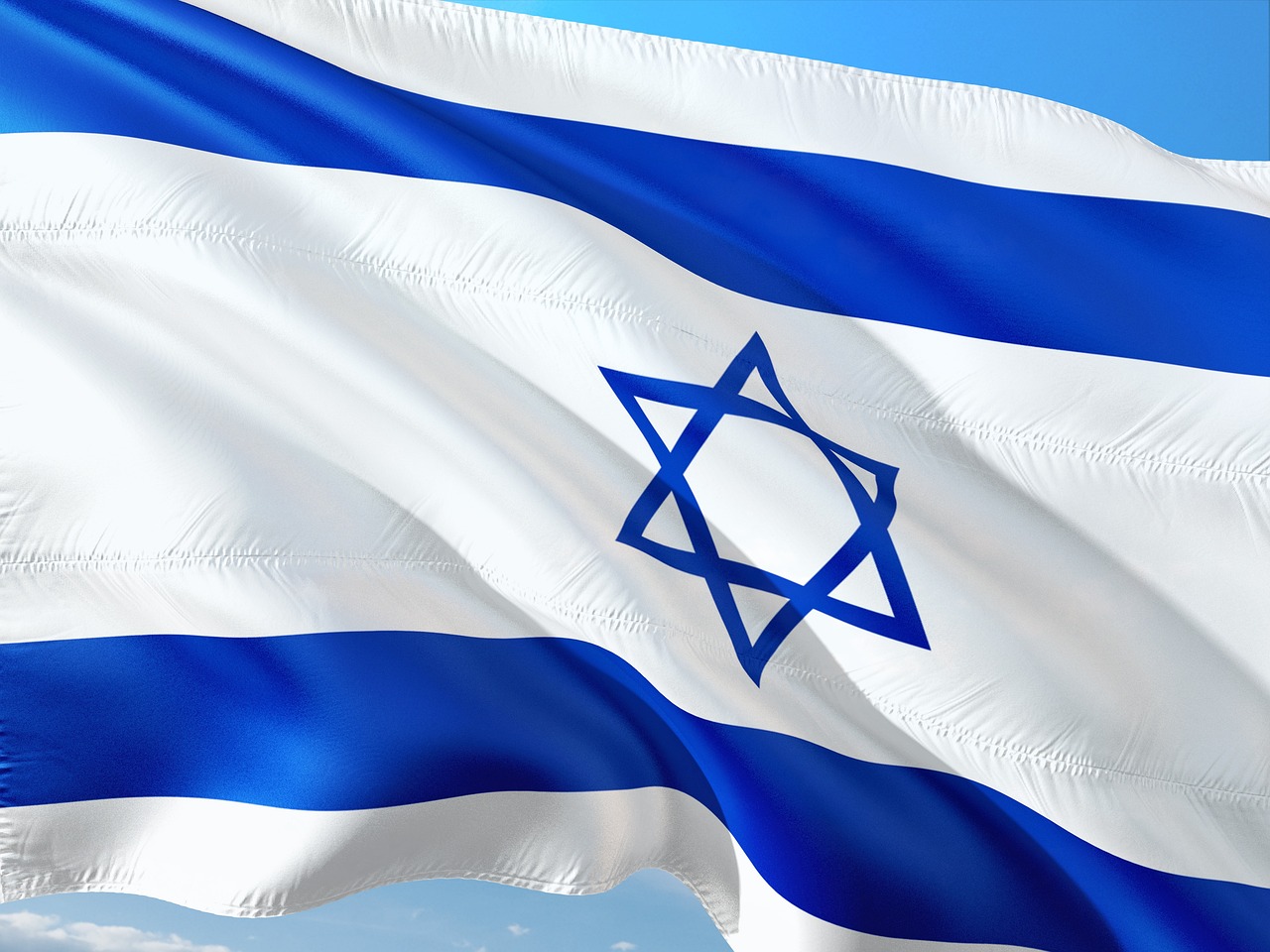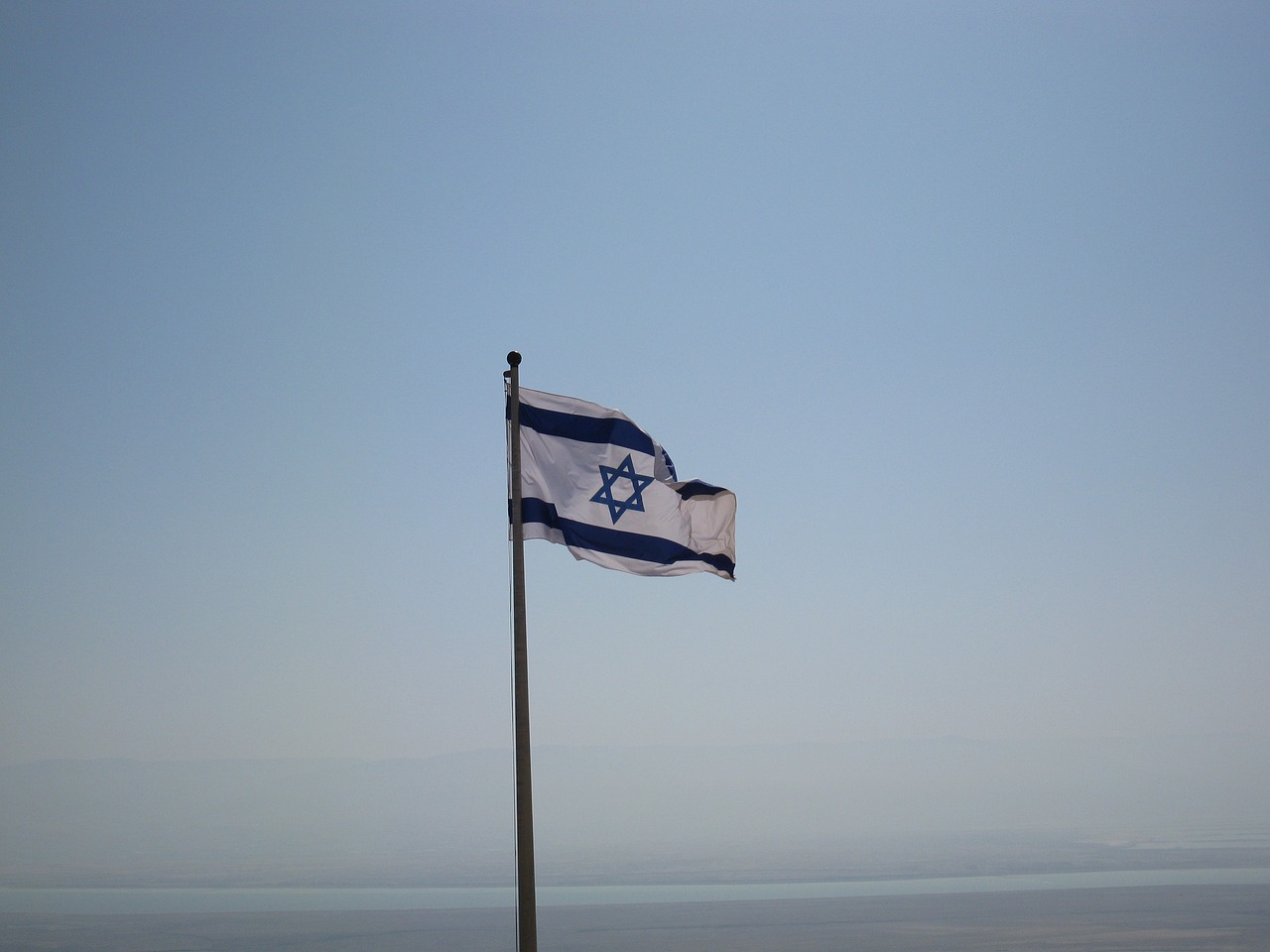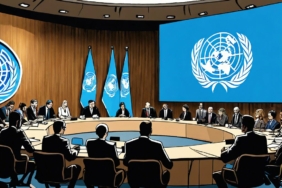Protests are being held every Saturday in parallel with negotiations in Cairo demanding a ceasefire agreement to return Israeli prisoners from the Gaza Strip and the resignation of Prime Minister Netanyahu’s government.
Tens of thousands of people across Israel have voiced their criticism of the lack of political will to allow Gaza prisoners to return home, calling for the resignation of the most right-wing government in the country’s history and for early elections. Calls for the government’s resignation and the return of the prisoners have been raised in many places, including Tel Aviv, Haifa and West Jerusalem, as well as in the northern city of Caesarea, where Netanyahu resides.
The center of the protests was the area around the Ministry of Defense building in the capital Tel Aviv, where thousands of Israelis gathered in the evening hours. The prosecutors, carrying Israeli flags, held banners, posters and signs against Prime Minister Netanyahu and other leaders in the government, and carried signs that read “All go home now” and “Help”. They chanted slogans such as “Bibi, release the prisoners” and “You are in charge, you are guilty”, calling for the prisoners to return home as soon as possible.
Demonstrators set up a stage with some people lying on the ground, a reference to Israeli prisoners who died in the Gaza Strip due to the deal’s delays. A demonstrator wearing a Netanyahu mask posed in front of the demonstrators lying on the ground with a banner that read: “They are dying, but (the deal) will not pass.”
Families of Israeli prisoners in the Gaza Strip accused the government of not complying with the ceasefire agreement, stating in a statement that this agreement was ready in July but that Netanyahu sabotaged the process with new clauses he added.
Particularly drawing attention to the clause added by Netanyahu to the agreement, which states that “Israel will continue its dominance in the ‘Philadelphia Corridor’ on the Egypt-Gaza border,” the prisoners’ relatives emphasized that Israel’s fate is now tied to this corridor and noted that Netanyahu used this clause to prevent the agreement.
The captives’ relatives stated that the ongoing negotiations in Cairo were the last chance and demanded that the international community, and especially the US administration, put pressure on Netanyahu.
Demonstrators gathered in front of the Ministry of Defense in Tel Aviv and lit fires at some points on Begin Street. The group, which tried to advance by marching, was intervened by police with mounted units. In Jerusalem, Israelis also held a march demanding that the government make an agreement for the release of the prisoners. The demonstrators, who demanded the resignation of the government and the signing of an agreement as soon as possible for the return of the prisoners from the Gaza Strip, blocked roads and intersections in various parts of the city.
There were clashes when Israeli police used force against demonstrators at some points. Negotiations have been ongoing for a long time between the parties to stop the attacks that started on the Gaza Strip on October 7. Netanyahu is accused by both Israeli and international public opinion of not making a prisoner swap agreement with Hamas.
The final round of indirect negotiations between Israel and Hamas for a prisoner swap is expected to take place tomorrow in Cairo, Egypt, with the participation of US, Qatar and host country officials. It is stated that the terms Israel added to the agreement, and especially its insistence on maintaining control over the “Philadelphia Corridor” on the Egypt-Gaza border, make negotiations difficult. It was reported that Hamas did not accept the terms added by Netanyahu to the draft presented by the US.
On the other hand, Israel continues to pursue violence in the Gaza Strip in the lead-up to the negotiations. The Israeli army announces that it will launch new attacks aimed at forcibly evacuating Palestinian civilians from areas it previously designated as safe zones. The Civil Defense Unit in Gaza announced that the Israeli army has reduced the “safe humanitarian” areas from 230 square kilometers to 35 square kilometers, which is only 9.5 percent of the total area.
It is stated that more than 40 thousand people, mostly women and children, have lost their lives in Israel’s attacks on Gaza in the last 10 months, and that this situation has become a deep humanitarian disaster.
